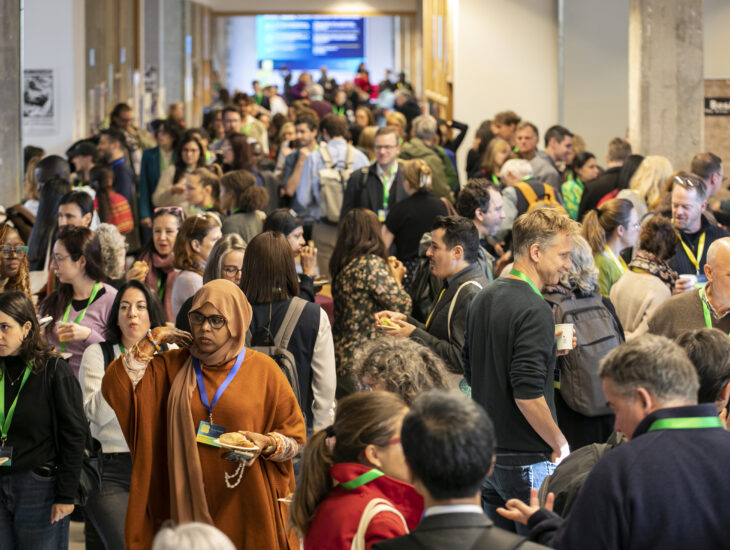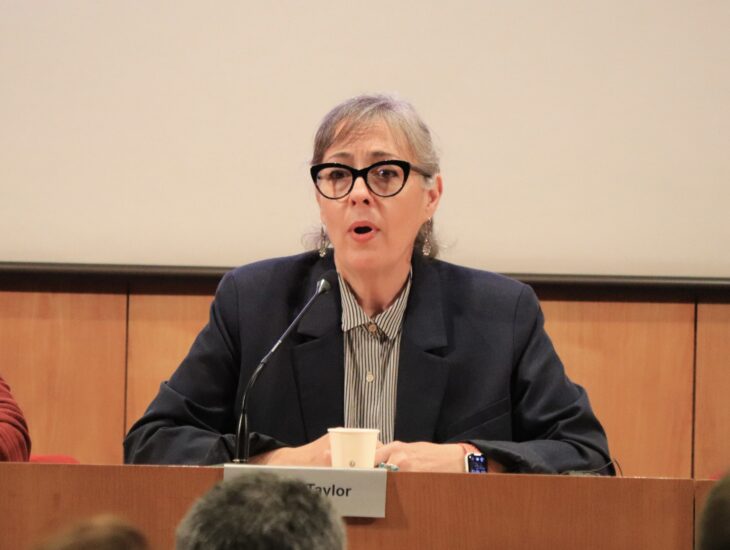Mexico has been experiencing a serious crisis of security for many years, which seriously affects the human rights of people who live or travel there. The most worrying facts include the high rate of murders (33,000 in 2018) and forced disappearances (40,000 in the last 13 years), as well as the routine practice of torture and sexual violence, human trafficking and attacks against freedom of expression and social activism. In addition, there are all the types of violence associated with impoverishment, social exclusion and the plundering of land. The causes of this crisis are multidimensional and combine a number of factors related to the dynamics of organized crime, corruption and how the public institutions work, including the security forces and the judicial system.
In a situation in which the levels of insecurity and suffering are comparable to those of an armed conflict, it is necessary not only to denounce internationally what is happening in the country, but also to develop strategies of peace and the restoration of human rights. Numerous initiatives have been emerging from social society in this regard despite all the difficulties and dangers. There are also numerous voices calling for new security policies that are demilitarized and that focus on people’s real needs. For its part, the new Mexican government has also made proposals to reduce the levels of impunity and promote social welfare during its first months in power.
With the aim of disseminating, analyzing and debating these glimmers of hope that could lead to peace in Mexico, ICIP, together with Taula per Mèxic and the Mexican organization SERAPAZ, has organized the first International Forum on Peacebuilding in Mexico. The Forum will take place at the Center for Contemporary Culture of Barcelona (CCCB) on 25, 26 and 27 September 2019.
Speakers include representatives of the Collective of Analysis of Security with Democracy (CASEDE), CIDOB, the Oaxaca Consortium for Parliamentary Dialogue, El Colegio de la Frontera Norte, Servicio Paz y Justicia (SERPAJ), the Center for Research and Higher Studies in Social Anthropology (CIESAS), the Mexican Commission for the Defense and Promotion of Human Rights, the Institute for Integrated Transitions and the Kellog Institute for International Studies of the University of Notre Dame. The Forum will also feature the participation of human rights defenders, threatened journalists and relatives of victims of forced disappearance.
The Forum will coincide with the fifth anniversary of the forced disappearance of 43 students from Ayotzinapa, in Iguala; a memorial ceremony with relatives of the disappeared will be held in parallel with the discussion panels.
The event is part of the ICIP work program “Violence in non-war settings” and is open to the public with prior confirmation of attendance at activitats.icip@gencat.cat.
01.01.2019




